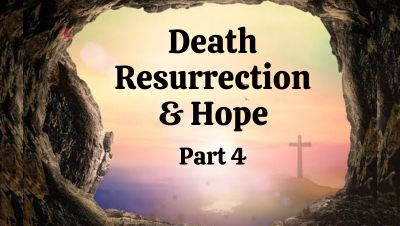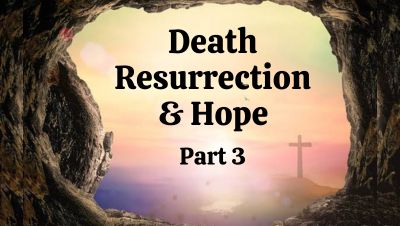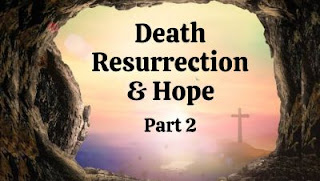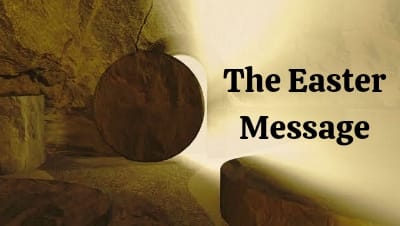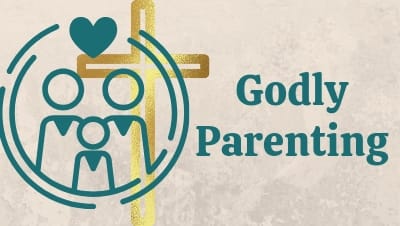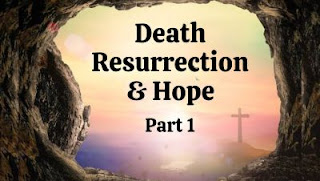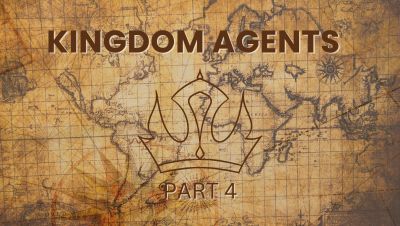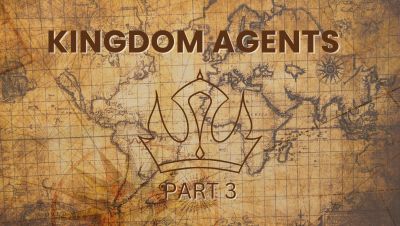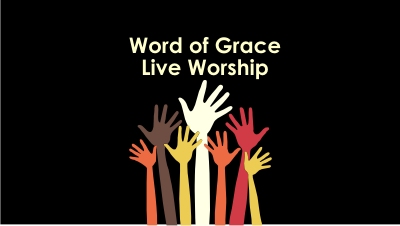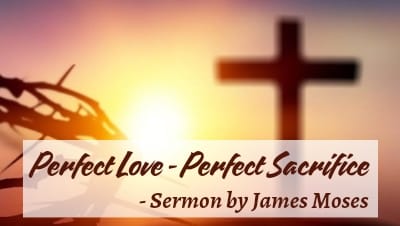Death, Resurrection and Hope Part 4
Be blessed as you listen to this sermon delivered at Word of Grace and do write a comment on how you have been blessed.
Death, Resurrection and Hope Part 3
Be blessed as you listen to this sermon delivered at Word of Grace and do write a comment on how you have been blessed.
Death, Resurrection and Hope Part 2
Be blessed as you listen to this sermon delivered at Word of Grace and do write a comment on how you have been blessed.
The Easter Message
Be blessed as you listen to this sermon delivered at Word of Grace and do write a comment on how you have been blessed.
Godly Parenting
Be blessed as you listen to this sermon delivered at Word of Grace and do write a comment on how you have been blessed.
Death, Resurrection and Hope
Be blessed as you listen to this sermon delivered at Word of Grace and do write a comment on how you have been blessed.
Kingdom Agents Part 4
Be blessed as you listen to this sermon delivered at Word of Grace and do write a comment on how you have been blessed.
Kingdom Agents Part 3
Be blessed as you listen to this sermon delivered at Word of Grace and do write a comment on how you have been blessed.
Word Of Grace Worship | March 3rd 2024
Be blessed as you listen to this live worship at Word of Grace and do write a comment on how you have been blessed by the worship. This is an edited version.
Word Of Grace Worship | Feb 25th 2024
Be blessed as you listen to this live worship at Word of Grace and do write a comment on how you have been blessed by the worship. This is an edited version.
Perfect Love – Perfect Sacrifice
Be blessed as you listen to this sermon delivered at Word of Grace and do write a comment on how you have been blessed.
Word of Grace Camp – Christian Maturity
Be blessed as you listen to this sermon delivered at Word of Grace and do write a comment on how you have been blessed.

